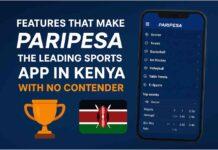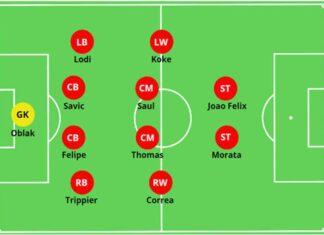Discover the best football academy in Nigeria for 2025. Compare training programs, fees, scholarships, and football trials across Lagos, Ilorin, and Owerri. Learn how to become a professional footballer in Nigeria with verified, up-to-date information.
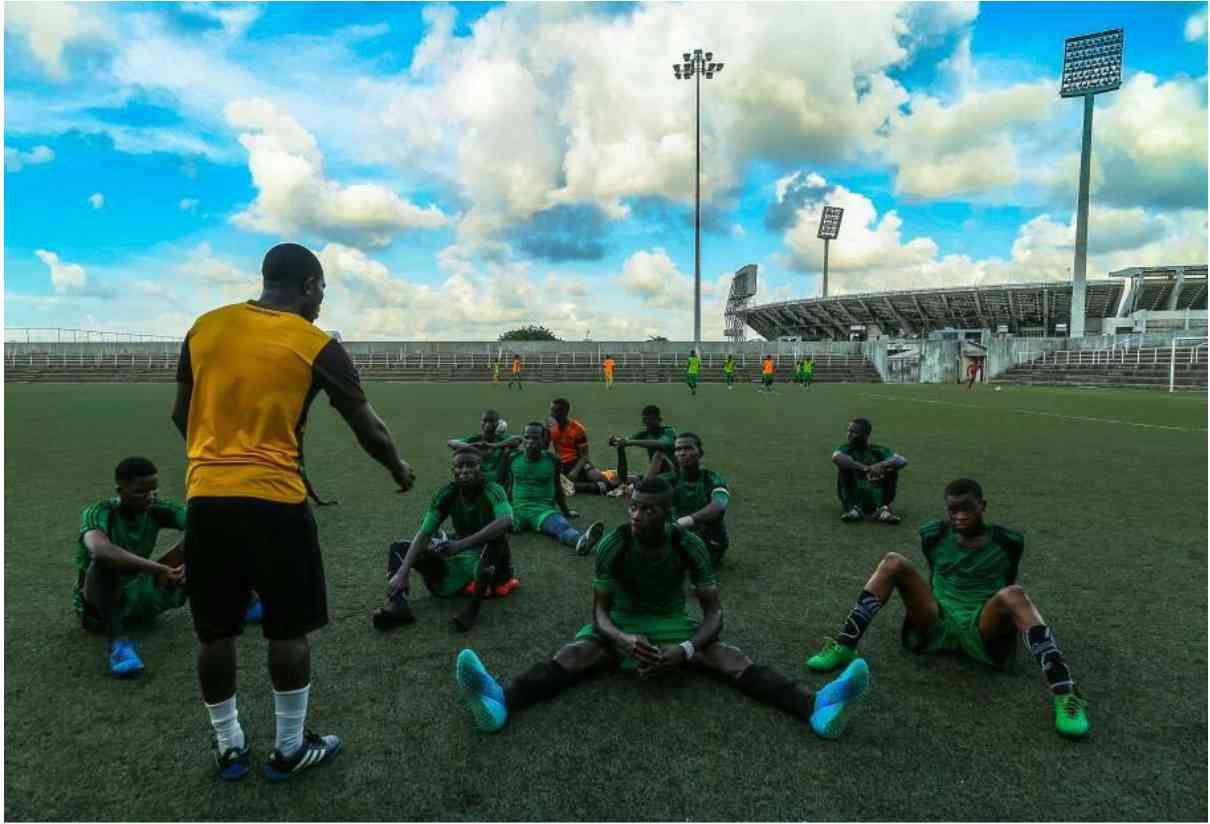
The Best Football Academy in Nigeria: Fees, Trials, and the Real Path
Football in Nigeria is a serious opportunity: for many young players it offers education, structure and a future path. Each year, parents and young athletes ask: “Which is the best football academy in Nigeria?” The answer cannot be a single name. What counts as “best” depends on your priorities—whether you seek strong coaching, academic support, safety, or real exposure.
This guide, prepared in collaboration with Bet FM, focuses on what really matters. It explains what characteristics reliable academies have, how much you might expect to pay, and what steps lie between a local field and an official trial. The aim isn’t to sell dreams—it’s to map out a clear and realistic journey.
What Defines a Strong Football Academy
Before you compare fees or prestige, you should know which features distinguish serious academies from the rest.

- Official registration and affiliation
A credible academy is registered with the Nigerian Football Federation (NFF) or a state association. Some, like the Barça Academy Lagos, list verified contact information and a clear admissions process—registration is the first credibility check.
- Structured coaching and progression
Strong programmes organize training by age (U-8 to U-19), give technical feedback to parents, and use performance review tools. Development focuses on decision-making and game intelligence, not just running drills.
- Proven outcomes
Success is not about big names, but steady results. For example, the early training of John Obi Mikel at a grassroots academy shows that the right system works. What matters is how many players move on to clubs, universities, or scholarships abroad.
- Facilities and player welfare
High-quality academies invest in safe pitches, proper accommodation, gyms and medical support. For instance, Kwara Football Academy (Ilorin) combines boarding, healthcare and study in one campus.
- Education alongside football
In resident academies, schoolwork remains part of daily life. This balance helps young players stay grounded and ensures their development doesn’t stall if football paths change.
These pillars form the backbone of our evaluation—combining reputation, structure, value and player progression.
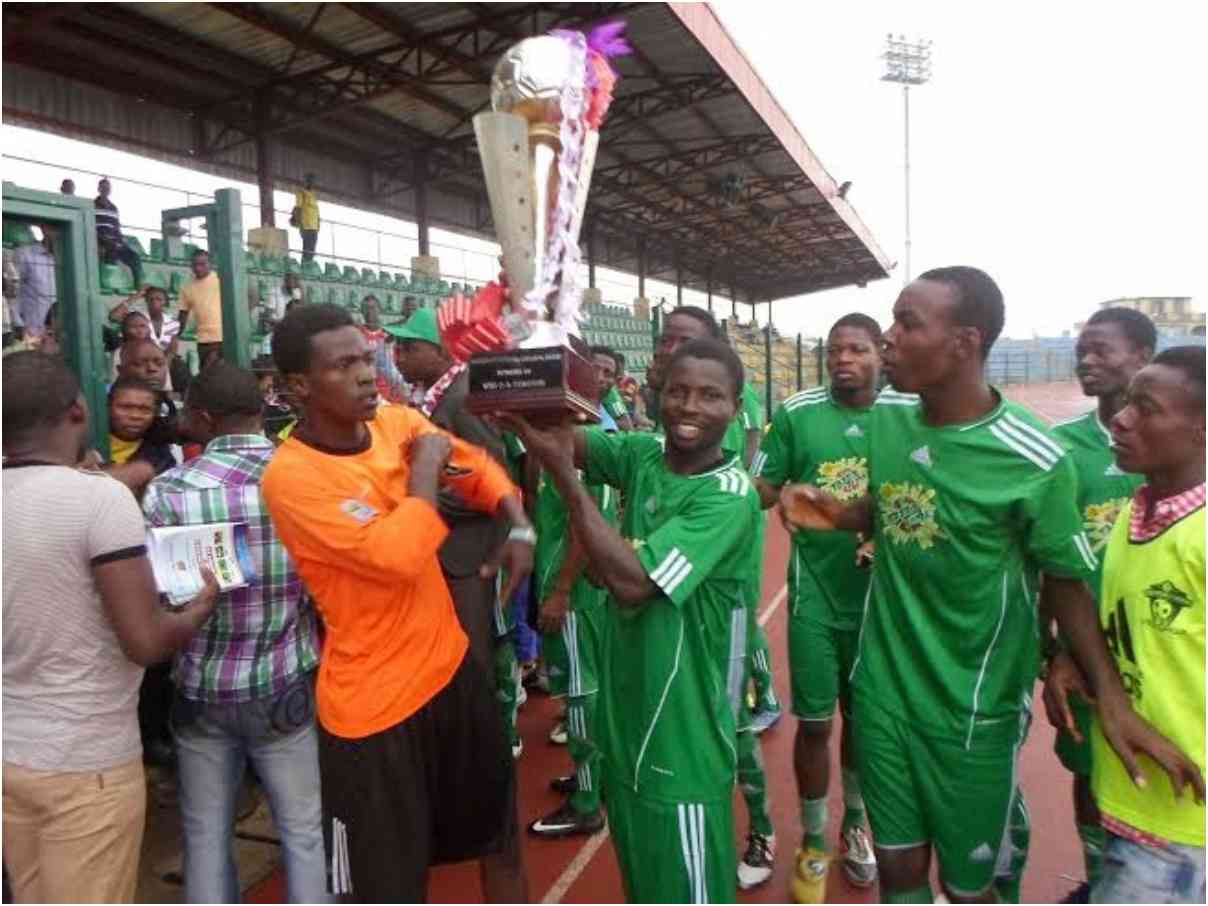
Top Academies and Their Fees
Costs in Nigerian academies vary significantly depending on format (day school vs boarding), length of stay and facilities provided. The table below gives a comparative snapshot of several reputable options and their approximate fees.
| Academy | Location | Typical Fee (₦) | Scholarship / Trials | Notable Pathways |
| Barça Academy Lagos | Lagos (Surulere) | Fees vary by season; registration required | Open enrolment cycles | Affiliated with FC Barcelona youth network |
| Pepsi Football Academy | Nationwide (14 centres) | ~₦6,000 (U14) up to ~₦12,000 (15+) plus training fees | Regular talent scouting | Early training ground for John Obi Mikel |
| Midas Football Academy | Lagos | Approx. ₦150,000 per season (with training, kit, medical) | Application-based entry | Intensive urban training model |
| Kwara Football Academy (KFA) | Ilorin, Kwara State | Variable fees; boarding + full scholarship possible | Annual selection camp | Integrated study and training campus |
| Papilo Football Academy | Owerri (Imo State) | ~₦12,500-₦15,500 registration (day format) | Open registration waves | Founded with former pro involvement |
When you review fees, check whether the cost covers training, equipment, accommodation (if boarding), meals, tournament travel and medical support. Always ask for a breakdown and confirm whether the quoted figure is up to date.
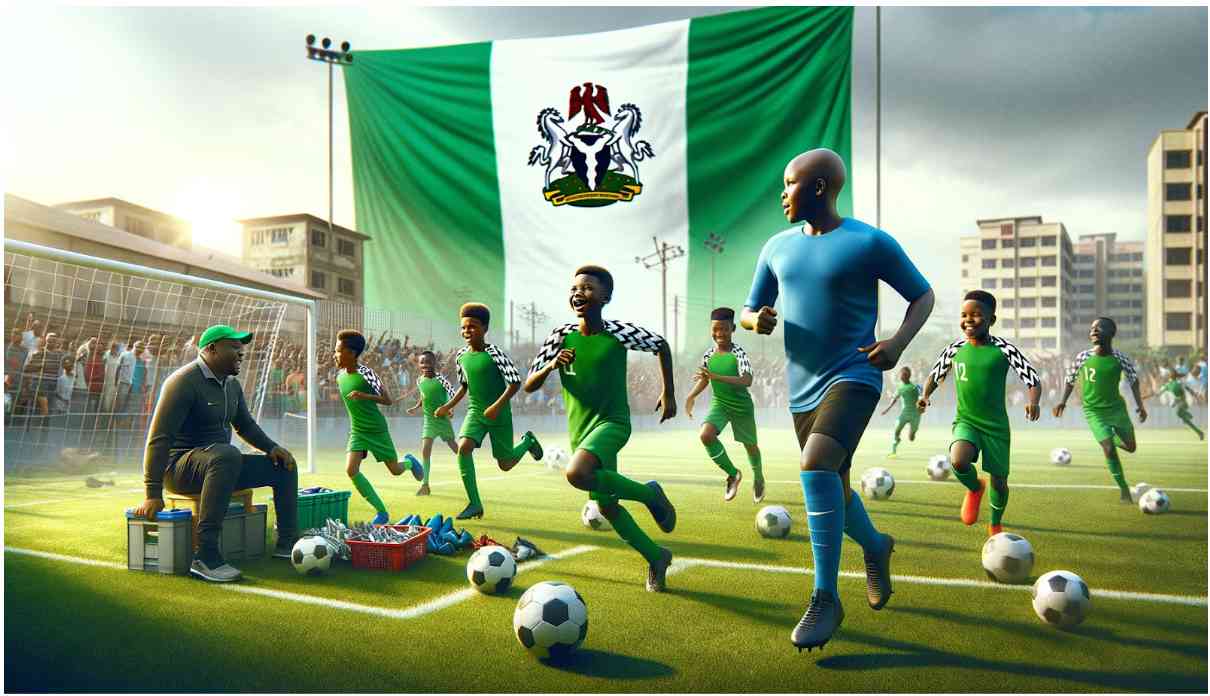
How to Become a Footballer in Nigeria: A Step-by-Step Guide
A path to professional football is not a quick shortcut. It demands discipline, persistence and clear planning. Below is a 10-step outline followed by many Nigerian youths who advanced through academy systems.
- Build a solid foundation. Train three or four times a week. Work on ball control, coordination, stamina and balance. Keep a simple journal of your performance and improvements.
- Choose the training format that suits you. Decide whether a boarding academy (with study and full programme) or a local club with lighter hours fits your age, budget and location.
- Verify the academy’s credentials. Check registration with NFF, physical address, website and past students. Institutions like Barça Academy Lagos and Kwara Football Academy offer transparent contact details.
- Prepare required documents. Most academies require a birth certificate or passport, medical report, recent photos and parental consent (if under 18). Some expect a paid registration form before admission.
- Film a highlight video. Create a 90-120 second clip showing first touch, dribbling, passing, shooting with both feet. Upload to a cloud service and include the link when you apply.
- Attend trials appropriately. Search for upcoming football trials in Nigeria—open days, showcases, invited camps. Confirm the organisers (club coaches, licensed scouts or academy staff).
- Set realistic expectations. Even respected academies accept only a small number each year. The story of John Obi Mikel rising from a grassroots academy to a top European club is exceptional. Focus on growth, not instant fame.
- Balance football and education. Maintaining schoolwork is key. Programmes like those at KFA integrate classes into the schedule, so players don’t fall behind academically.
- Budget wisely. Separate fixed expenses (training fees, kit, medicals) from variable ones (transport, meals, tournaments). Use the published figures of established academies such as Midas Football Academy as a guide.
- Review and repeat the cycle. Every 8-12 weeks assess your progress, update your highlight video, apply for fresh trials and ask coaches for feedback. Development happens through repeat effort, not single events.
Be cautious of offers that promise a “direct European contract” in exchange for upfront cash. A legitimate academy will have written agreements, a physical office, staff you can contact and receipts for all payments. If anything feels vague, seek clarification or look elsewhere.
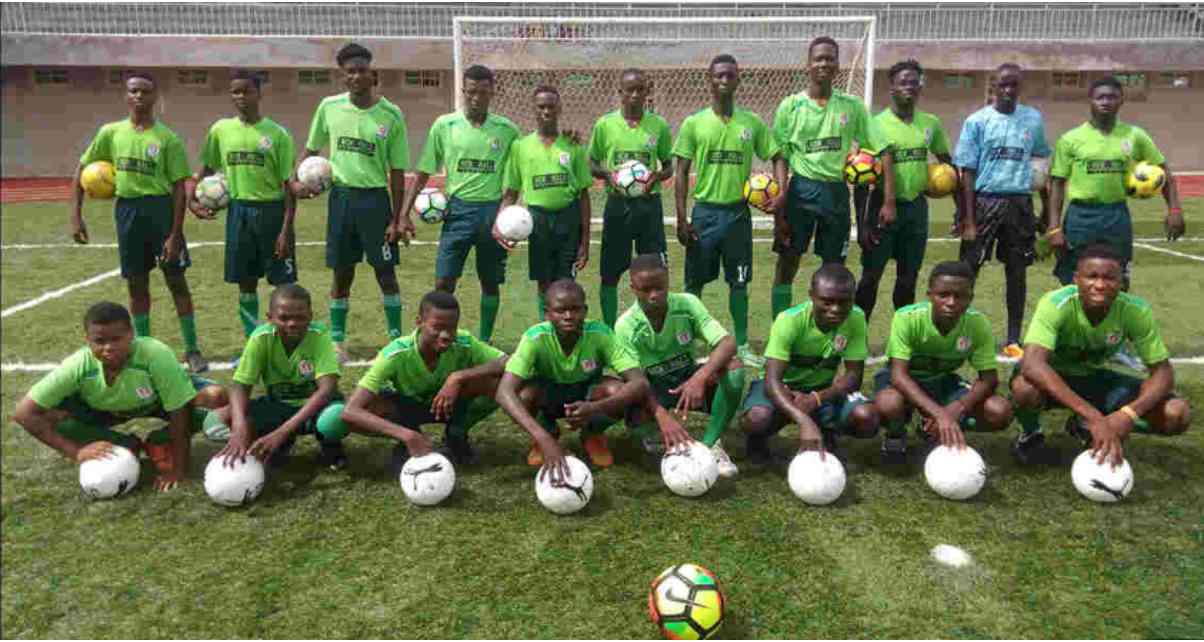
Football Trials in Nigeria: How They Work and How to Stand Out
Football trials are the main route into organised competition. In Nigeria, they take different forms depending on who runs them. Some are open to the public; others accept players by invitation after local tournaments. A few are private showcases held by licensed scouts or academies.
At most trials, players complete physical drills first — sprint, stamina, and agility tests. Afterwards come short matches where coaches watch positioning and awareness. What counts is not tricks but discipline, teamwork, and decision-making. Keep your focus steady and follow instructions closely; small details often decide who advances.
Before attending, confirm that the event is legitimate. Genuine academies publish trial dates on their official sites or verified social media. Avoid individuals promising “guaranteed selection” for cash. Bring your kit, ID, and water. Arrive early, stay professional, and be ready to learn from the experience.
Success Stories and Expert View
Many Nigerian professionals began with ordinary academies. John Obi Mikel trained with Pepsi Football Academy before signing his first professional deal. His path shows that structured local programmes can produce players of international quality.
Paul Ola, Technical Director at Kwara Football Academy, told The Guardian Nigeria in 2023: “Talent opens the door, but discipline keeps it open. We teach players that football is a profession, not a shortcut.” That view sums up what reliable academies believe: consistent effort matters more than early fame. Graduates who treat football as a craft, not a ticket, are the ones who progress.
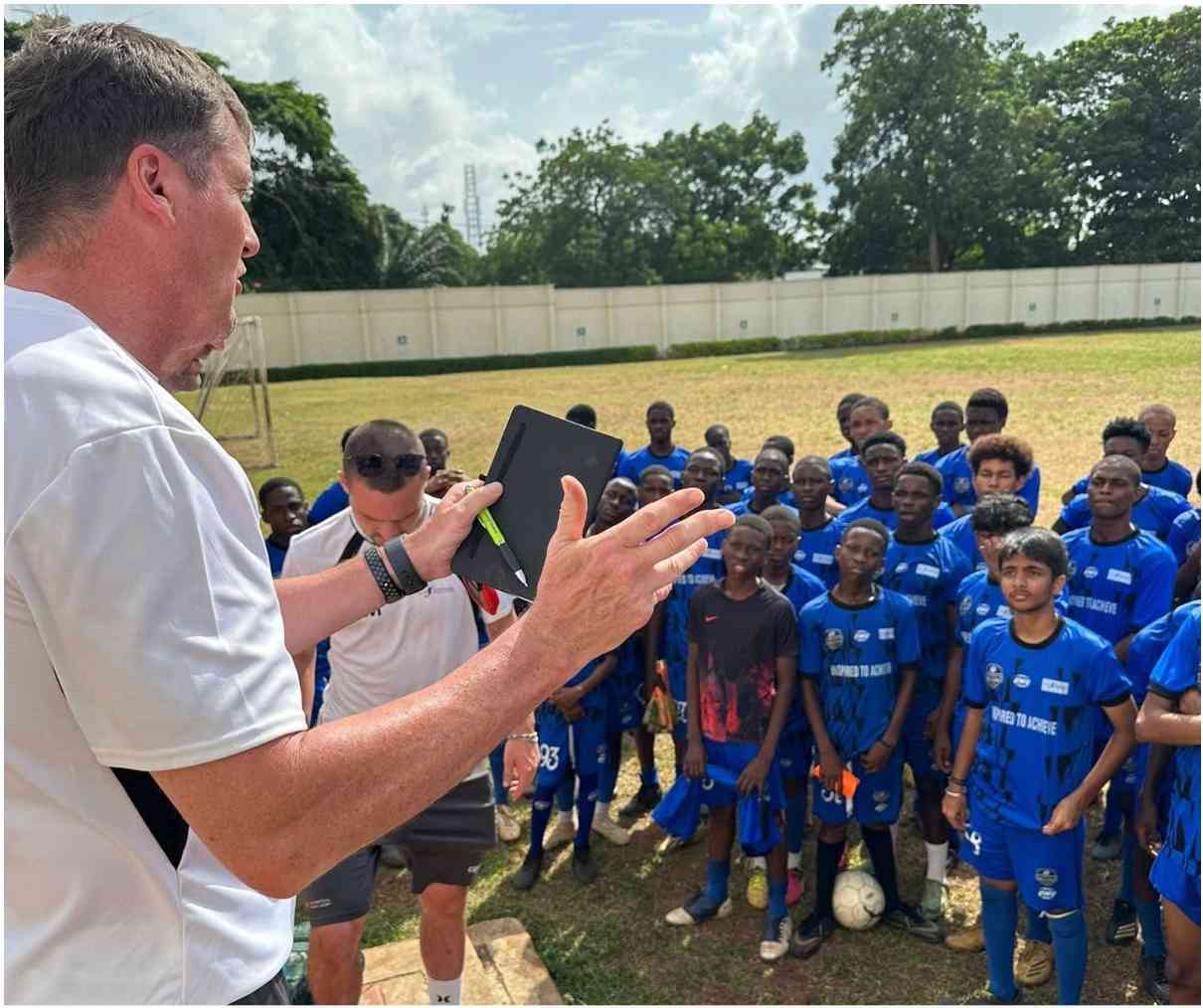
How to Choose the Right Academy
Before enrolling, check the basics. Visit the facility in person and talk to coaches. Ask for proof of registration with the Nigerian Football Federation or a state association. Read the contract carefully, especially the refund and safety clauses.
Here is a short checklist:
- Confirm official registration.
- See the training field yourself.
- Ask to meet coaching staff.
- Request a written fee schedule.
- Check if medical and insurance cover exist.
- Review education options for minors.
- Keep copies of all receipts.
A good academy gives time to decide and does not rush payment. Transparency and clear answers are the best indicators of trust.
Conclusion: A Three-Month Plan
A simple 90-day plan helps turn interest into action.
Weeks 1–2: Test your fitness, record a short skills video, and collect documents.
Weeks 3–6: Research academies, make enquiries, and prepare for one trial.
Weeks 7–12: Attend a verified screening, request feedback, and adjust your training.
At the end of this cycle, you’ll know your current level and what needs improvement. Real progress comes from routine and patience, not shortcuts.
Finding the best football academy in Nigeria is about substance, not branding. Choose structure, verified credentials, and steady training. Those who treat football with patience and respect give themselves the best chance to succeed.
FAQ
- How much does academy training cost?
Most day programmes charge between ₦100 000 and ₦200 000 per year. Boarding academies can reach ₦400 000 or more, depending on accommodation and meals. - Can players outside Lagos or Abuja join trials?
Yes. Many state associations run regional events. Check official notices or partner academies for upcoming dates. - What documents are needed?
A birth certificate or passport, a recent medical report, passport photographs, and parental consent if you’re under 18. - How do academies handle education?
Leading centres combine schooling with training. Students attend classes in the morning and practise later in the day. - How to avoid fake recruiters?
Don’t transfer money without a written agreement. Verify addresses, ask for registration numbers, and check contact details on the NFF website. - How long do trials last?
Most run two to five days. Results or follow-up invitations usually come within two weeks. - What makes a strong highlight video?
Keep it brief — under two minutes. Show control, passing, and game awareness rather than rehearsed moves. Coaches value accuracy over editing.
<iframe width=”560″ height=”315″ src=”https://www.youtube.com/embed/uWblFWS_rsA?si=-DJS7nP9Dx_C8dco” title=”YouTube video player” frameborder=”0″ allow=”accelerometer; autoplay; clipboard-write; encrypted-media; gyroscope; picture-in-picture; web-share” referrerpolicy=”strict-origin-when-cross-origin” allowfullscreen></iframe>
Read More:

